
QTUM
项目开始时间

2017年3月16日
关于
Background IntroductionQtum is an open-source blockchain platform that combines the reliability of Bitcoin's UTXO model with the flexibility of Ethereum's smart contracts. Founded in 2016, Qtum aims to bridge the gap between traditional business applications and blockchain technology. The project is developed by the Qtum Foundation, which has a global team of contributors. The platform supports decentralized applications (DApps) and smart contracts while maintaining compatibility with existing infrastructure.Website Core ContentThe Qtum website primarily showcases its hybrid blockchain technology, developer tools, and ecosystem growth. Key sections include: Platform Features (smart contracts, decentralized governance), Developer Resources (documentation, SDKs), Use Cases (DeFi, NFTs, enterprise solutions), and Community Updates. The site emphasizes Qtum's unique value proposition as a "blockchain for business" with real-world applicability.Technical FeaturesQtum's technical architecture features three key innovations: 1) Account Abstraction Layer (AAL) enabling EVM compatibility with Bitcoin's UTXO model, 2) Proof-of-Stake consensus (improving scalability vs Bitcoin's PoW), and 3) x86 VM support for multiple programming languages. The platform achieves ~70 TPS with 5-second block times. Unique technologies include Qtum Neutron (light client protocol) and Unita (enterprise blockchain solution).Token EconomicsThe QTUM token serves three primary functions: 1) Network fuel for smart contract execution (similar to ETH), 2) Staking asset for consensus participation (annual yield ~9%), and 3) Governance voting rights. With a fixed total supply of 107,822,406 QTUM, the emission schedule follows a decreasing inflationary model. Approximately 80% of tokens are in circulation, with no further minting planned post-2022.Competitor ComparisonCompared to Ethereum, Qtum offers lower transaction fees ($0.01 avg.) but has smaller developer community. Versus EOS, Qtum provides better decentralization but lower TPS. Against Bitcoin SV, Qtum has superior smart contract capabilities. Key differentiators include: Bitcoin-level security + EVM compatibility, enterprise-focused tooling, and hybrid consensus model balancing decentralization with efficiency.Risks and ChallengesMajor challenges include: 1) Intense competition from Ethereum L2 solutions, 2) Limited brand recognition compared to top 20 cryptocurrencies, 3) DApp ecosystem significantly smaller than ETH/BNB chains, and 4) Regulatory uncertainty regarding PoS coins. Technical risks involve potential vulnerabilities in the AAL layer and relatively untested x86 VM adoption.Industry FutureQtum positions itself for enterprise blockchain adoption, particularly in Asia-Pacific markets. Future development focuses on: 1) Enhancing Unita for business use cases, 2) Expanding DeFi/NFT infrastructure, and 3) Improving cross-chain interoperability. The project could benefit from growing institutional interest in hybrid blockchains that balance compliance needs with decentralization.ConclusionQtum presents a technically innovative approach combining Bitcoin's security with Ethereum's programmability. While facing strong competition, its enterprise focus and hybrid architecture offer unique value. Success depends on ecosystem growth, developer adoption, and ability to capture specific industry verticals. The project remains a noteworthy contender in smart contract platforms with differentiated technology. 更多>



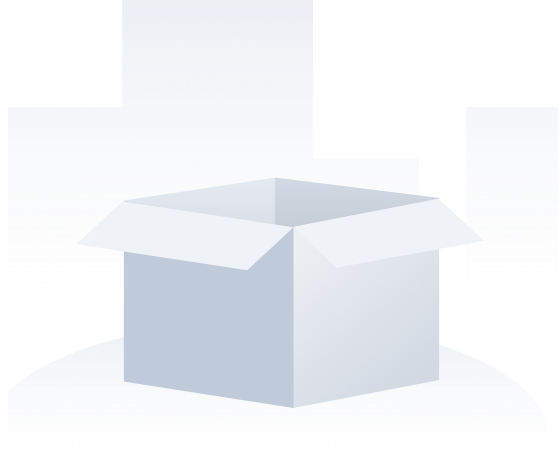

















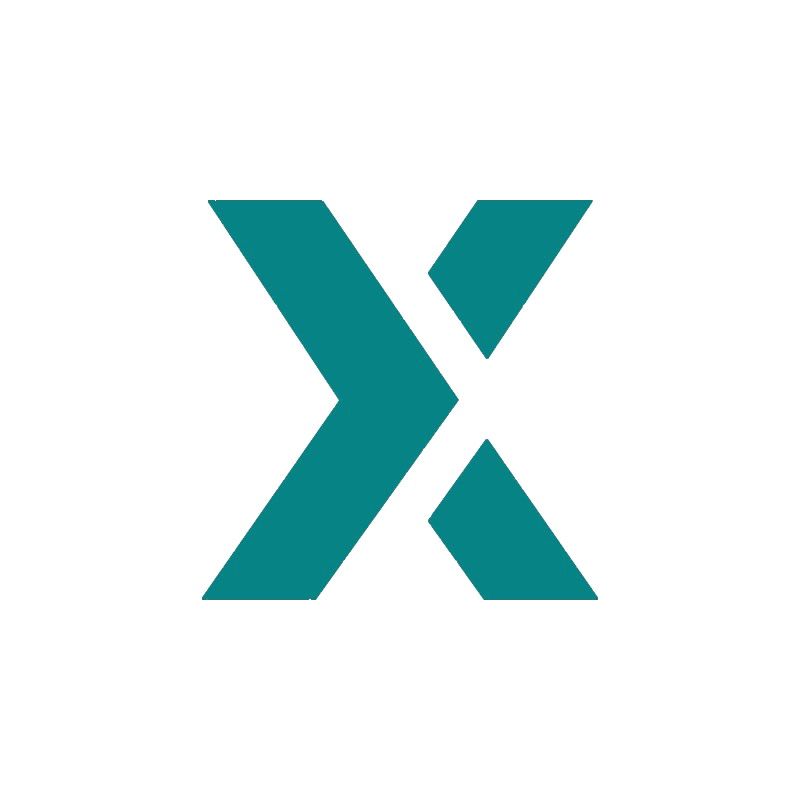


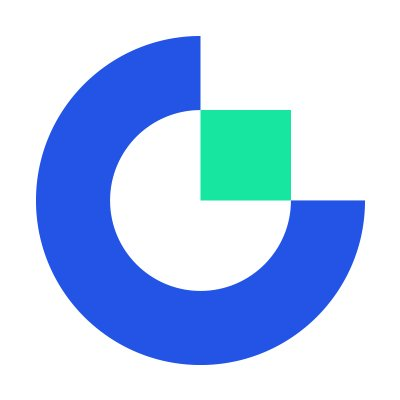





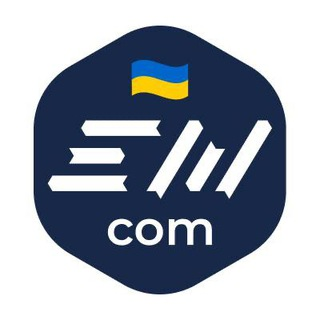
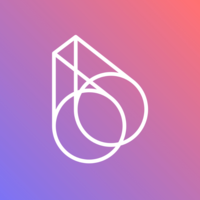























 看多
看多
 看空
看空